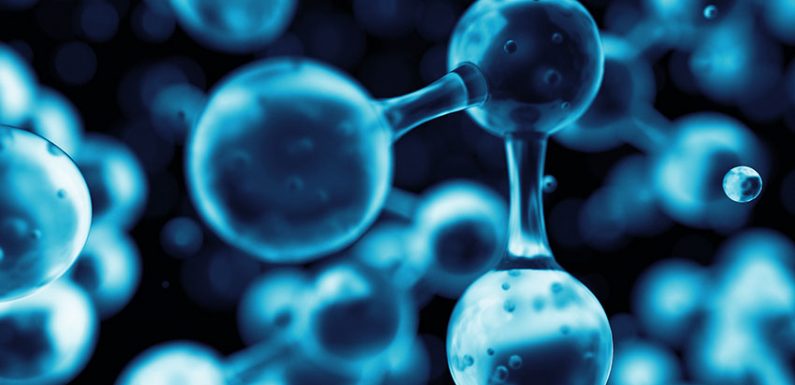
Peptide therapy is a treatment that uses peptides. Generally, this treatment is part of a holistic treatment program because it doesn’t require the use of medications and helps optimize your health to ward off problems. This therapy is useful for a range of problems and may help slow the aging process.
General Information About Peptides
Peptides classify as compounds that consist of two or more amino acids — which are the substances that make up proteins. Peptides are commonly referred to when someone discusses human growth hormone (HGH) production. Total, over 7,000 peptides occur naturally, so the ones associated with HGH aren’t the only ones.
Your body uses peptides for various processes, including the following:
- Building muscle
- Burning fat
- Enhancing your energy level
These compounds have also been known to support immune function, reduce the chances of a blood clot, and decrease inflammation.
Benefits of Peptide Therapy
Therapy with peptides may help slow the aging process. For instance, peptides may help prevent wrinkles, hence the reason you’ll notice that many antiaging serums and treatments consist of peptides. Additionally, peptides might help regrow your hair naturally if you experience hair loss due to age.
Certain peptides can also enhance cognition and improve the quality of your sleep. Moreover, certain peptides may help with weight loss and gastrointestinal health. Other possible benefits of a therapy program with peptides include:
- Hormone balancing
- Sexual health improvement
- Stress reduction
- Reducing osteoporosis progression
- Decreasing symptoms of inflammatory diseases
- Enhancing growth hormone production.
What to Expect During Peptide Therapy
First and foremost, the use of peptides for therapeutic purposes will consist of you coming into your doctor’s office and filling out a detailed medical history report. Through this evaluation, your doctor can determine if this treatment is safe for you.
Then, your practitioner will ask you questions about any issues that plague you on a routine basis. Your doctor may then recommend you undergo blood testing. Your physician will evaluate the results of your blood panel to determine if you have low levels of peptides as well as evaluate you for certain issues.
At the end of your exam, your physician will determine if you could benefit from this therapy and the appropriate course of action.
Possible Side Effects
Despite peptides being naturally occurring, you may still experience side effects. For instance, you may have itching at the site of the injection. Generally, when given at the appropriate levels, peptides don’t cause side effects in most people. However, it’s possible for you to experience numbness, tingling, increased hunger, dry mouth, or joint pain.
This therapy may help slow the aging process, feel more energized, and just improve your health overall. However, the only way you can receive this treatment is if you contact a practitioner who specializes in this area of medicine and asks him or her if this therapy could benefit you.

